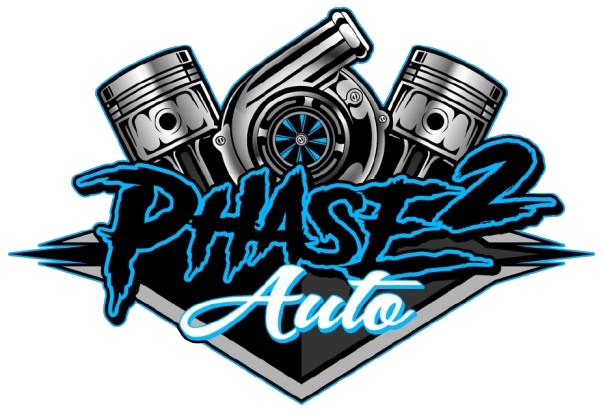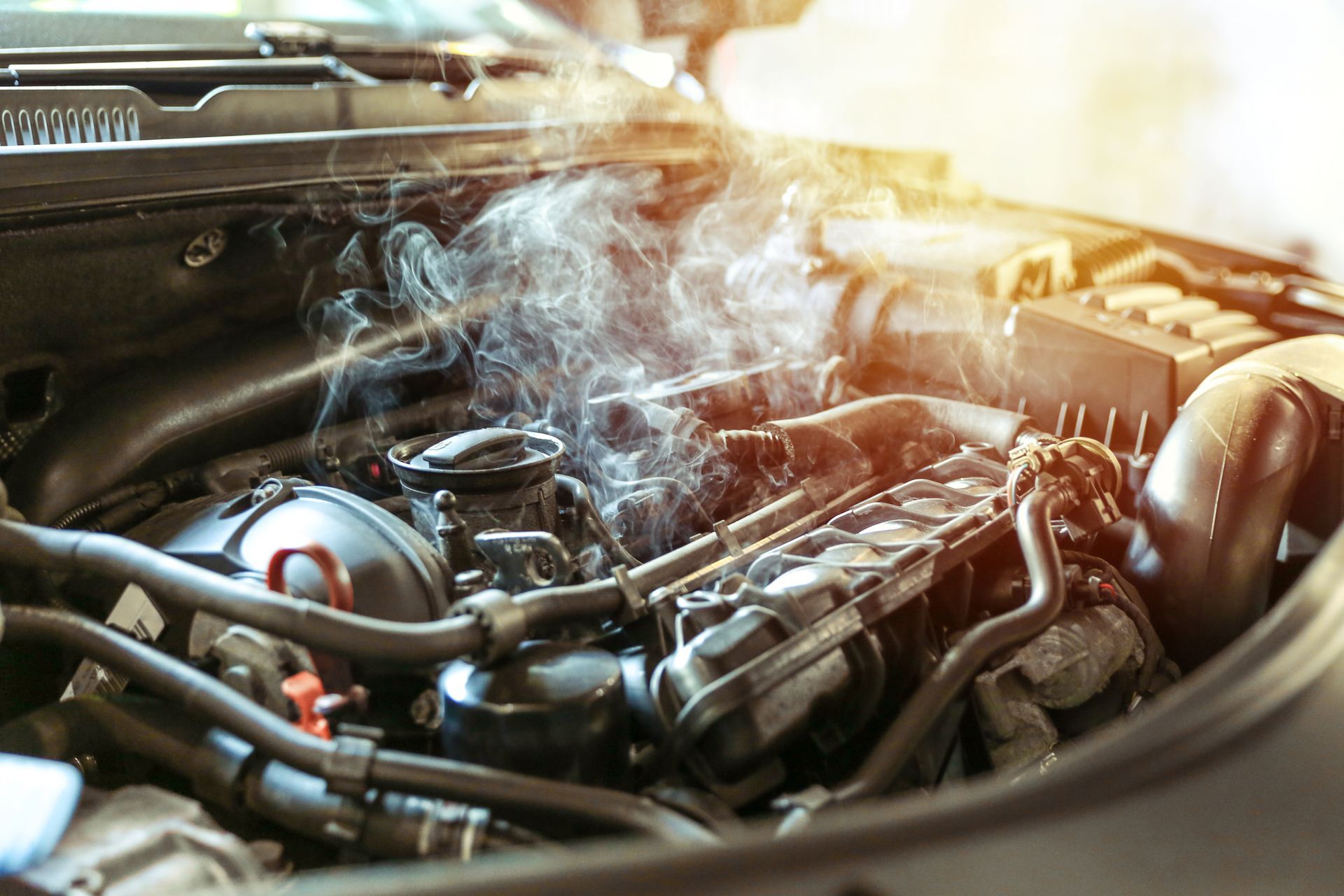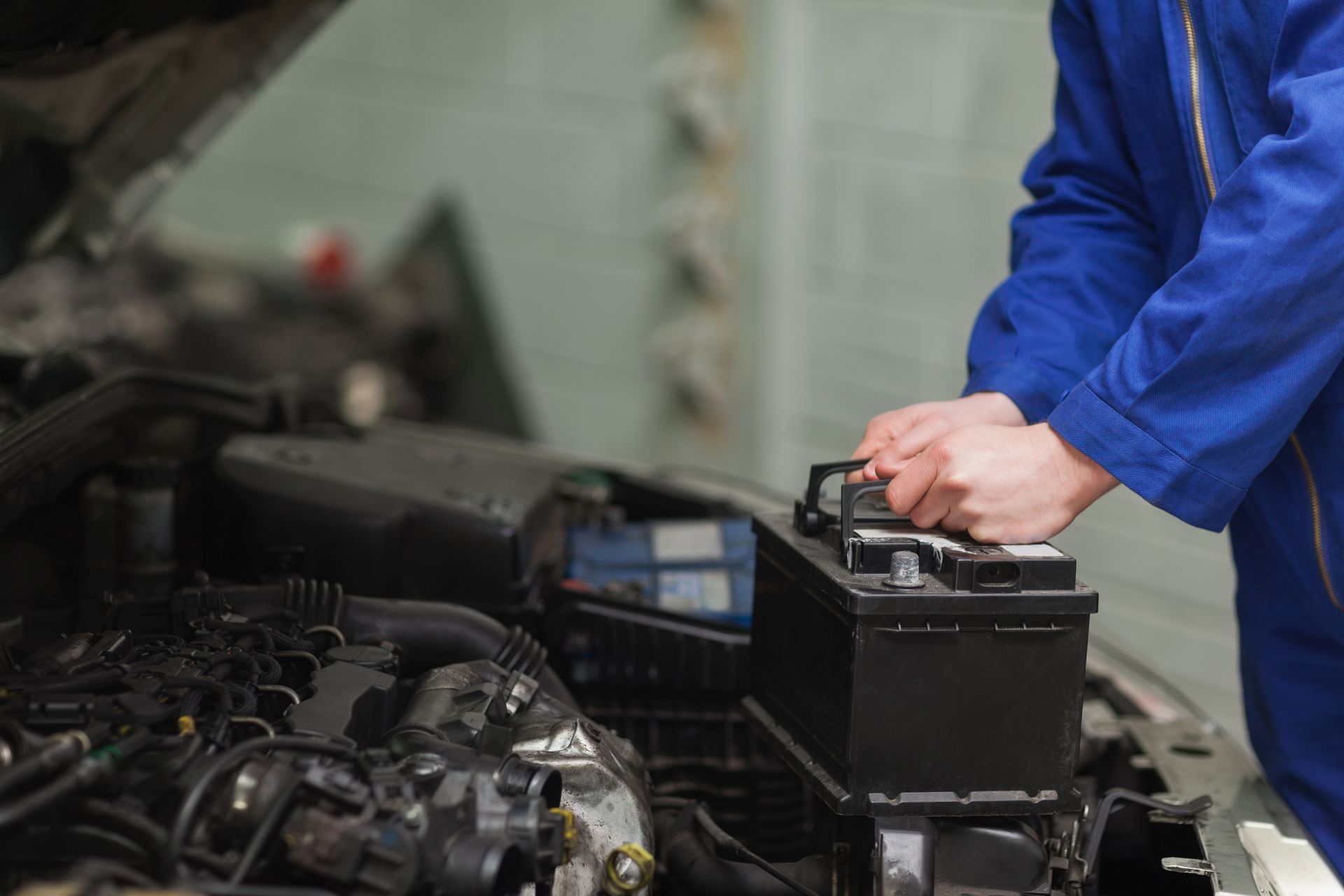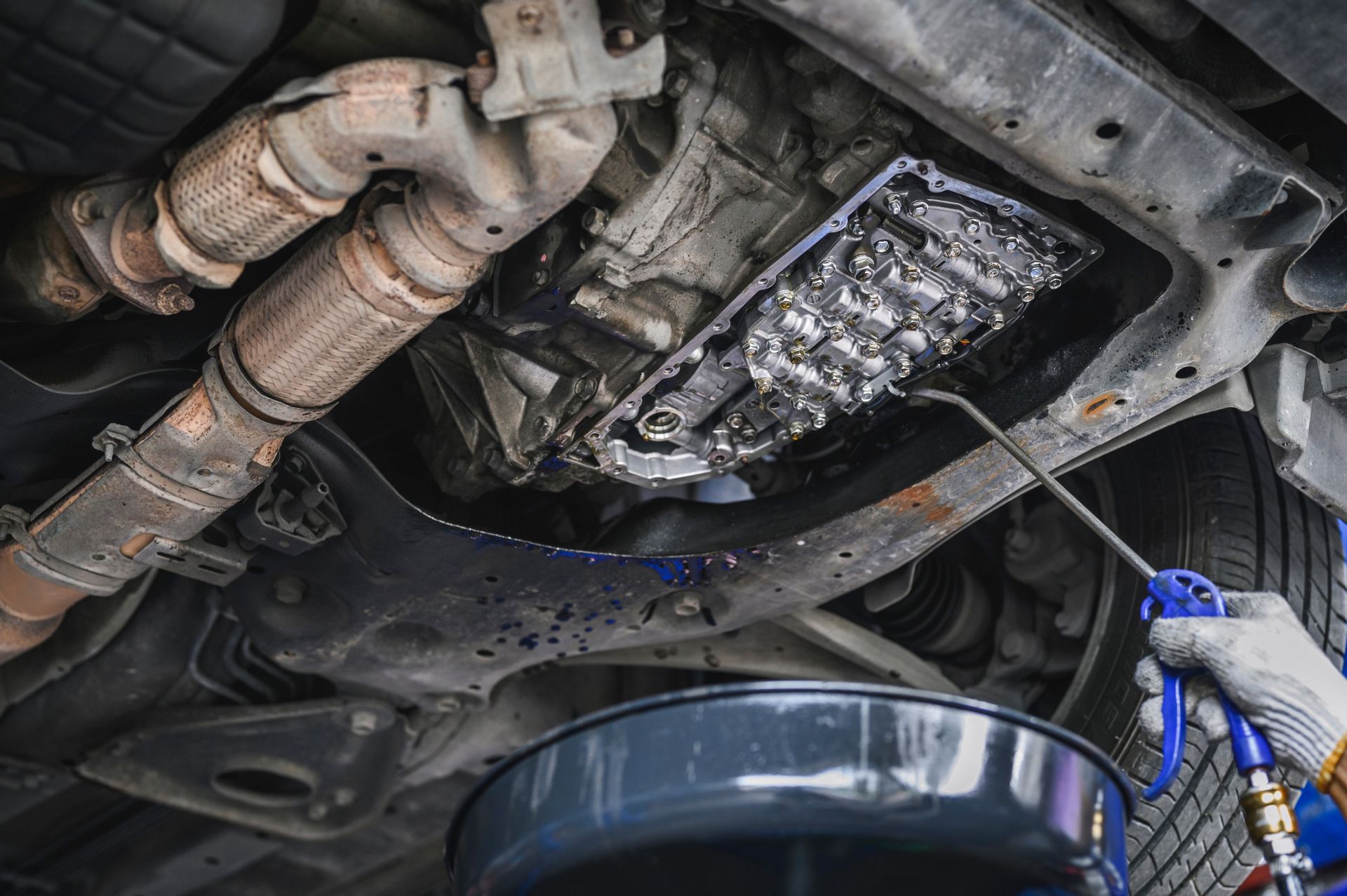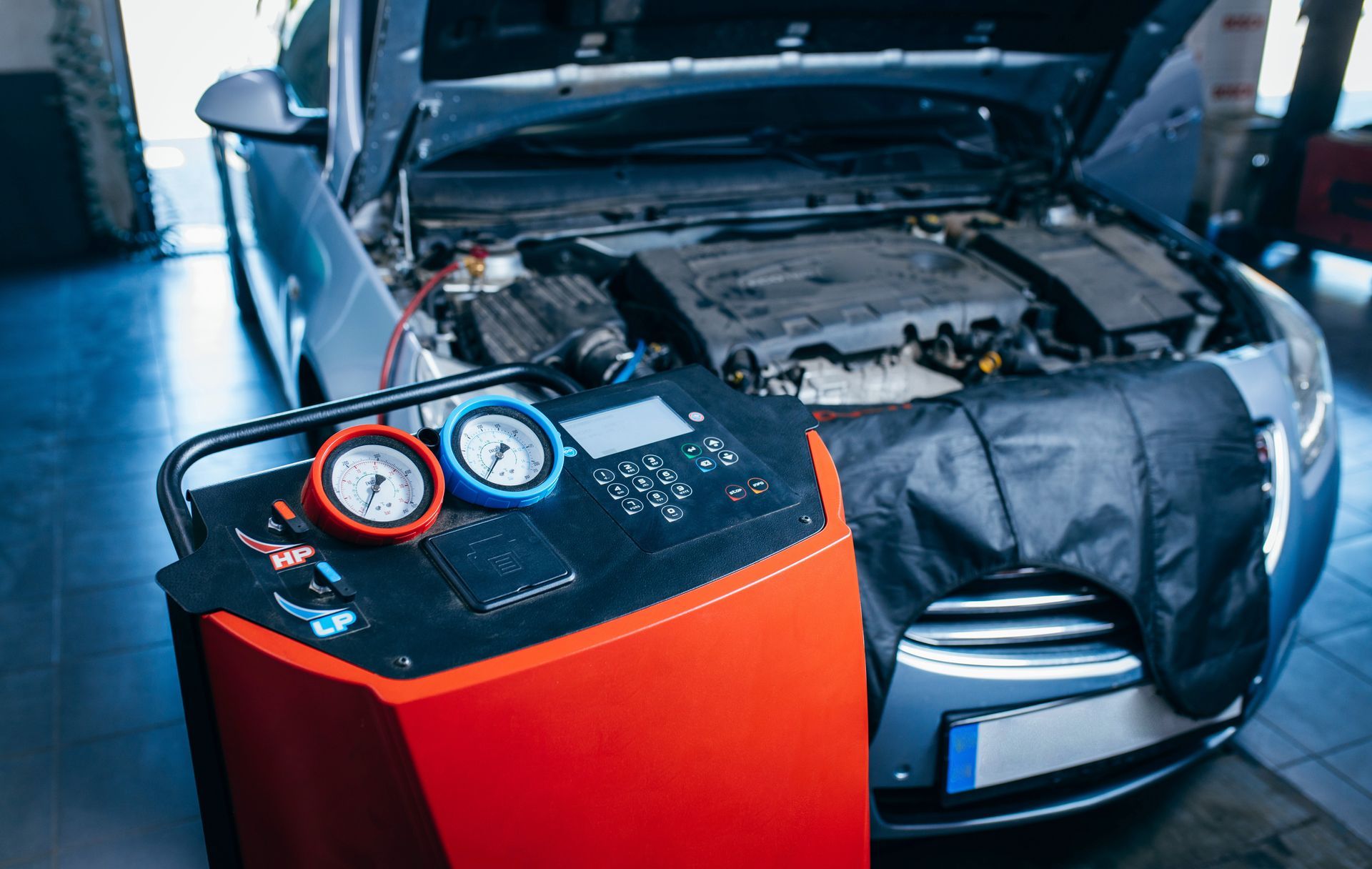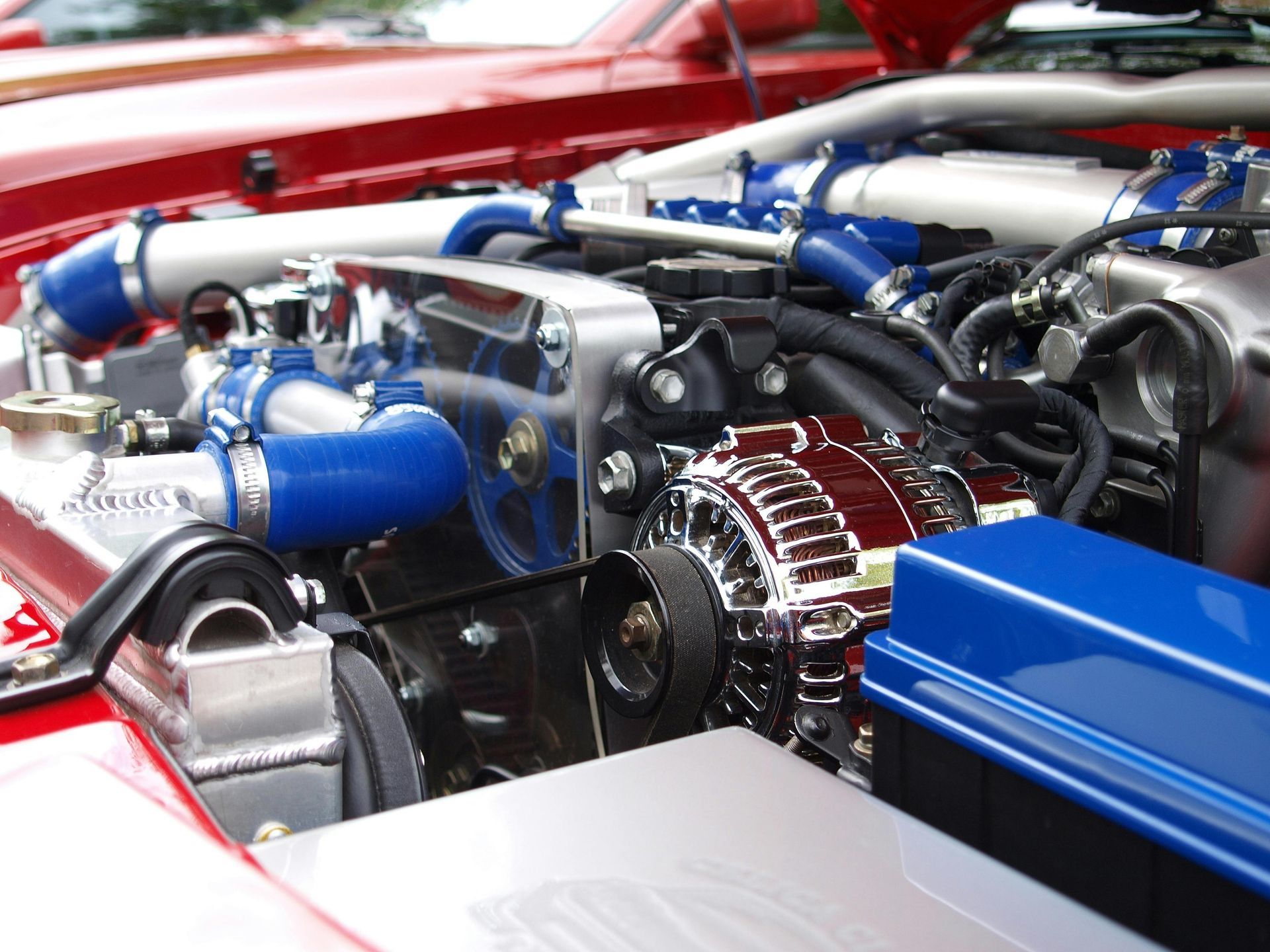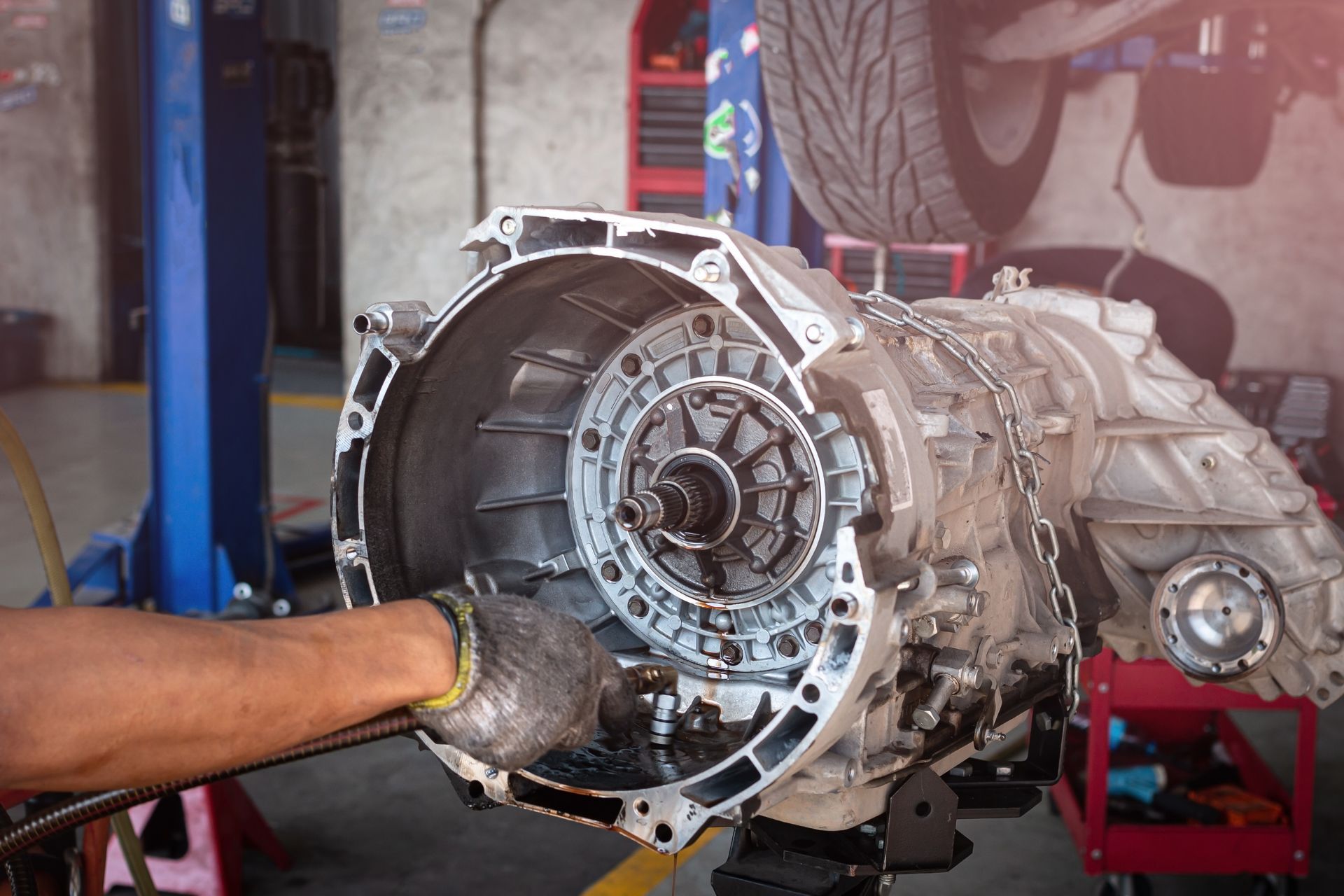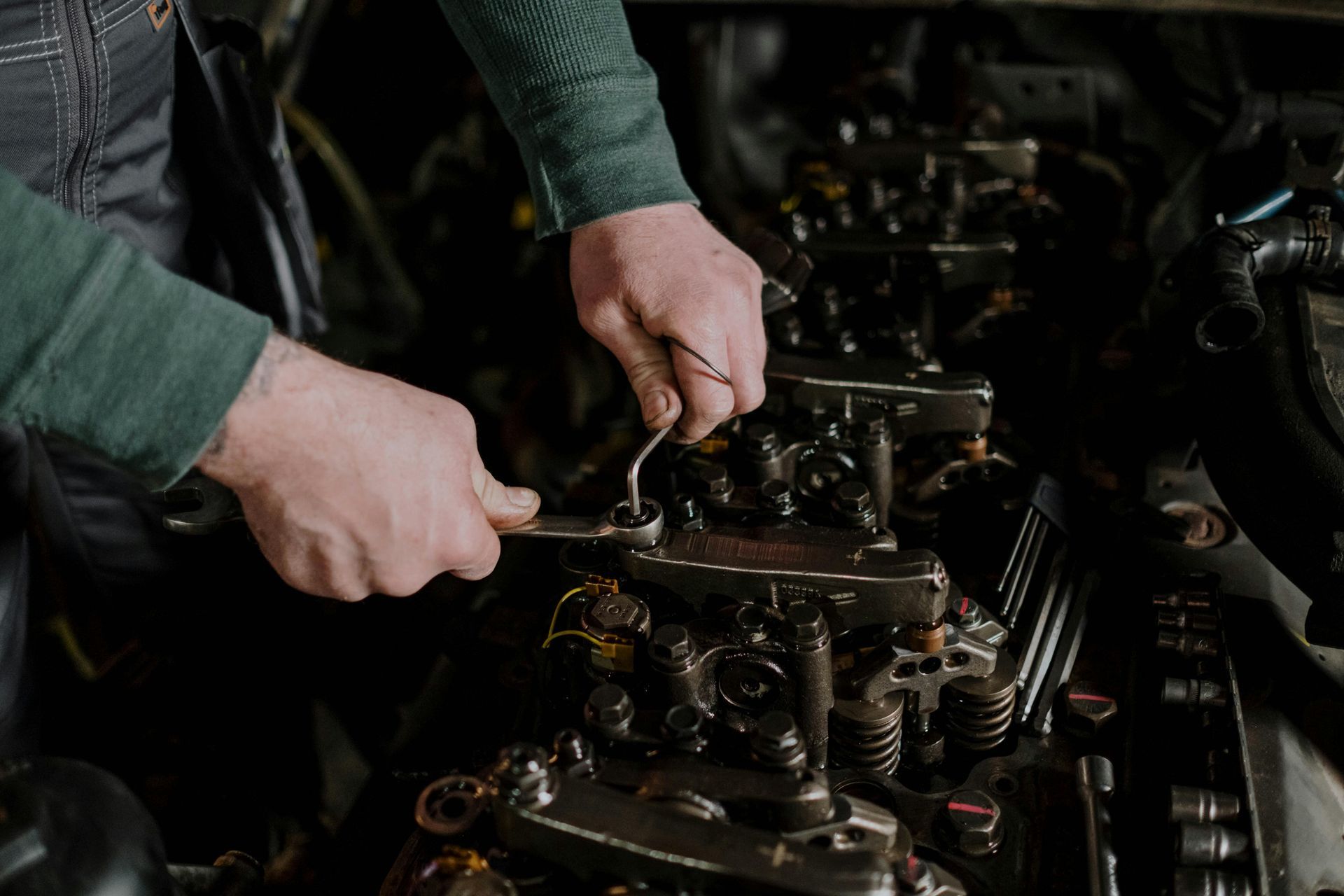DIY Diesel Maintenance Tips Every Silsbee Driver Should Know
Diesel vehicles are built for strength, reliability, and endurance—but even the toughest engines need regular care to stay in top shape. At Phase 2 Automotive in Silsbee, TX, we see a wide range of diesel trucks and cars that come in with avoidable issues. The good news? Many diesel maintenance tasks can be tackled right in your own driveway.
Whether you're a weekend warrior, daily commuter, or use your diesel rig for work in and around Silsbee, these DIY maintenance tips will help you save money, extend your vehicle’s life, and stay confident on the road.
Let’s break down what you can do at home—and when it’s best to bring your vehicle to the experts at Phase 2 Automotive.
Understanding Diesel Engine Maintenance Basics
Diesel engines differ from gasoline engines in a few key ways. They operate at higher compression ratios, don’t use spark plugs, and rely on high-pressure fuel injection systems. Because of this, diesel maintenance has unique requirements—but many essential tasks are manageable with the right knowledge and tools.
At Phase 2 Automotive in Silsbee, TX, we often tell drivers that the best way to protect a diesel engine is through consistent, proactive maintenance. Here’s where you can start.
1. Stay on Top of Oil Changes
Unlike gas engines, diesel engines produce more soot and contaminants, which means their oil degrades more quickly. Regular oil changes are absolutely critical.
DIY Tip:
Use high-quality diesel-rated oil and a new oil filter every time you change the oil. Check your owner’s manual for the recommended interval—typically every 5,000 to 7,500 miles, but more often if you haul heavy loads or idle frequently.
Pro Insight from Phase 2 Automotive:
We often find premature engine wear in vehicles that skipped just one too many oil changes. Don’t let a simple task lead to a major rebuild.
2. Replace the Air Filter Regularly
Clean air is essential for efficient combustion. A dirty air filter reduces engine performance and fuel economy.
DIY Tip:
Inspect your air filter every 10,000 to 15,000 miles—or sooner if you drive on dusty Texas roads. Replacement is usually a quick process involving nothing more than a screwdriver and a new filter.
Bonus:
A fresh air filter can improve acceleration and even help lower emissions.
3. Drain the Water Separator
Diesel fuel systems are vulnerable to water contamination, which can cause injector damage and hard starts.
DIY Tip:
Most diesel trucks come with a water separator. Locate it (usually near the fuel filter) and drain any accumulated water according to your owner’s manual. Some systems even have a warning light when it’s time.
Tip from the Phase 2 Automotive Team:
We’ve seen water-contaminated fuel wreck injectors. Checking the water separator monthly is a smart, simple habit that protects your entire fuel system.
4. Fuel Filter Replacements Matter
Fuel filters keep debris and contaminants from reaching the injectors, which are extremely sensitive in diesel engines.
DIY Tip:
Change your diesel fuel filter every 15,000 to 25,000 miles. Be sure to use a quality OEM or trusted aftermarket filter, and bleed the system of air properly afterward.
5. Check and Maintain Your Battery
Diesel engines require more cranking power than gasoline engines, which makes battery health a priority—especially during colder months.
DIY Tip:
Clean your terminals, check voltage with a multimeter, and inspect for corrosion or swelling. Replace batteries before they leave you stranded.
6. Monitor Glow Plugs
Unlike spark plugs, diesel engines use glow plugs to help start the engine in cold weather. When these fail, your engine might crank endlessly or not start at all.
DIY Tip:
If your truck starts slowly on cold mornings, test the glow plugs with a multimeter for continuity. While replacement is more technical, advanced DIYers can handle it with the right guide.
7. Keep an Eye on Coolant Levels
Diesel engines generate a lot of heat, so keeping your cooling system in check is essential.
DIY Tip:
Check coolant levels monthly and inspect for leaks, particularly around hose connections. Replace coolant based on factory recommendations and never mix coolant types.
Phase 2 Insight:
Here in Silsbee, TX, high summer temps put added strain on diesel cooling systems. Don’t skip this simple step.
8. Inspect Belts and Hoses
Belts and hoses degrade over time and can cause serious issues if they crack or break unexpectedly.
DIY Tip:
Visually inspect belts for cracks, fraying, or glazing. Check hoses for bulges, leaks, or softness. Replace anything that looks suspicious before it fails.
9. Track Performance Changes
Knowing your diesel vehicle’s “normal” behavior is key. If you notice sluggish acceleration, excess smoke, strange sounds, or a drop in fuel economy, something may be off.
DIY Tip:
Start a maintenance log. Track oil changes, fuel economy, and unusual behavior. It’ll help you catch issues early—and it’s information we appreciate when you visit Phase 2 Automotive in Silsbee.
When to Skip DIY and Call the Pros
While there’s a lot you can do on your own, some tasks are better left to trained technicians with professional-grade diagnostic tools and equipment.
Bring your diesel vehicle to Phase 2 Automotive for:
- Fuel injector cleaning and calibration
- Turbocharger inspections
- Exhaust aftertreatment system repair (DEF/SCR)
- Engine diagnostics
- Head gasket testing or repair
- Cooling system flushes
- Advanced electrical diagnostics
We specialize in diesel repair and maintenance for both personal and commercial vehicles in Silsbee, TX, and we’re passionate about keeping them running at peak performance.
Why Choose Phase 2 Automotive for Diesel Service in Silsbee?
At Phase 2 Automotive, we combine hands-on experience with modern diagnostics to deliver expert diesel repair services. Whether you’re here for a quick checkup or major engine work, we treat your vehicle like our own. Our goal is to give you peace of mind and help your diesel truck or car run stronger, longer.
We also believe in empowering our customers through education—and that starts with helpful articles like this one.
Final Thoughts: Take Control of Your Diesel Maintenance
Taking care of your diesel engine doesn’t always mean heading straight to the shop. With the right knowledge and a little time, you can stay ahead of wear and tear, protect your investment, and enjoy smoother driving.
And when you need expert support, Phase 2 Automotive in Silsbee, TX is here with trusted advice, thorough service, and local experience you can rely on. Let’s keep your diesel running right—together.
We provide advanced diagnostics, in-house towing, and transparent service with cutting-edge technology.








Follow us
Phase 2 Automotive
Services
List of Services
Follow us
Phase 2 Automotive




© 2024 Phase 2 Automotive. All Rights Reserved. Website managed by
Shopgenie


